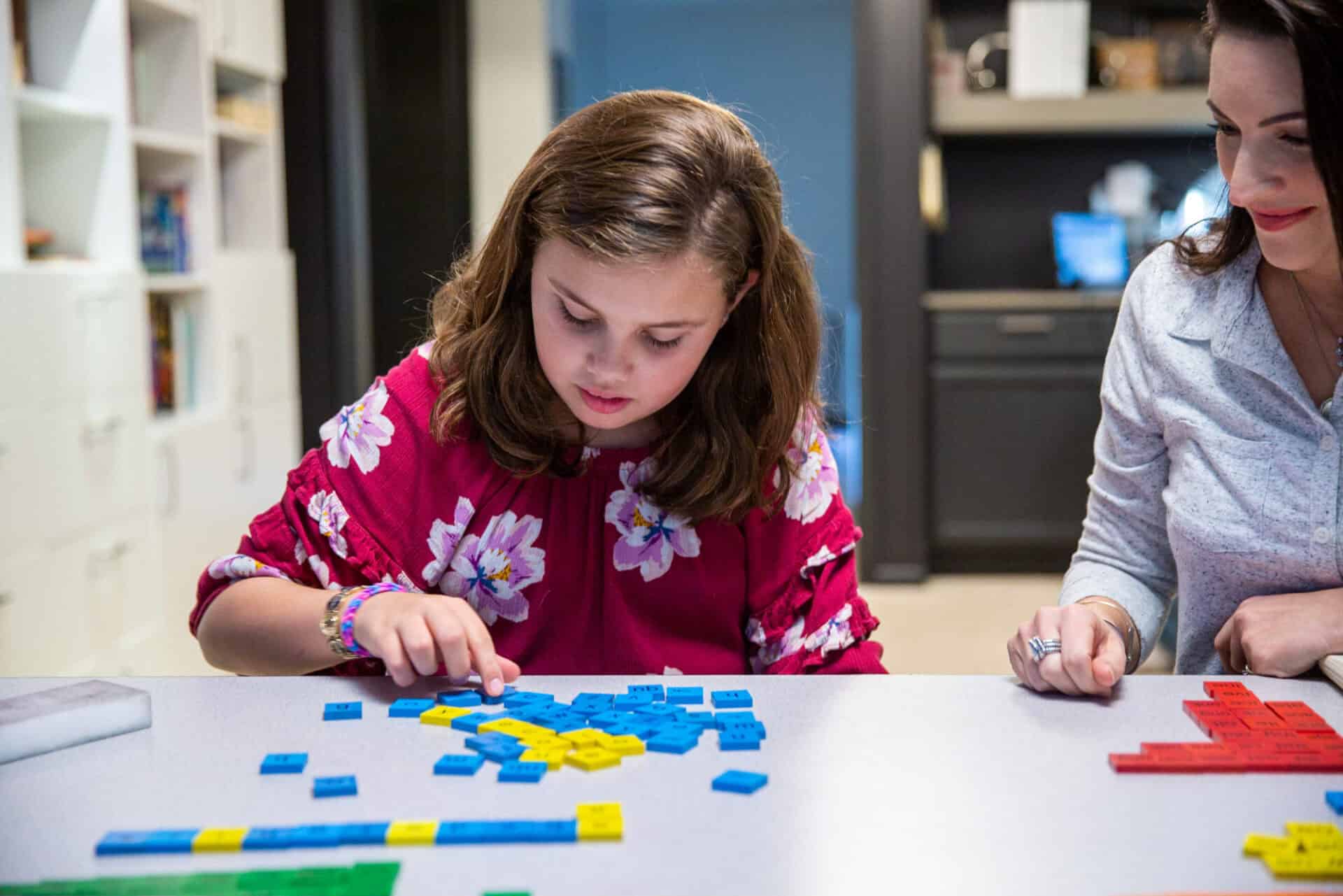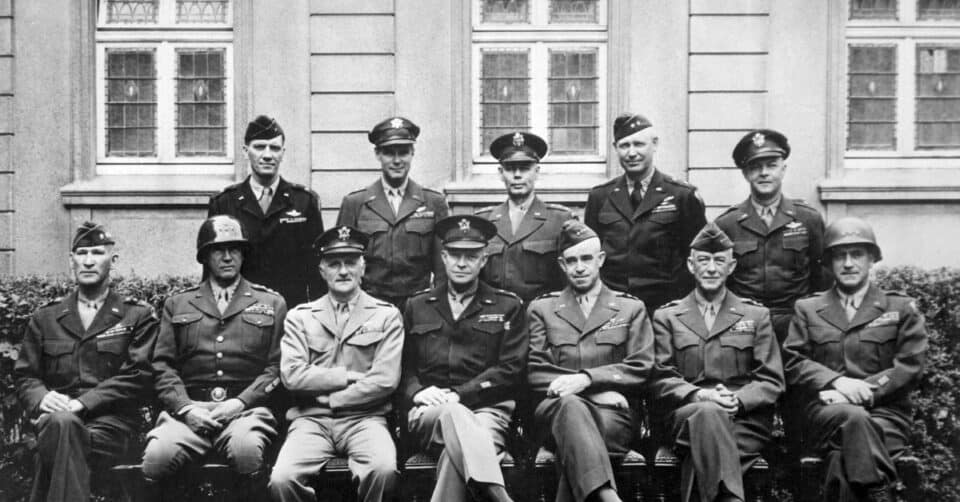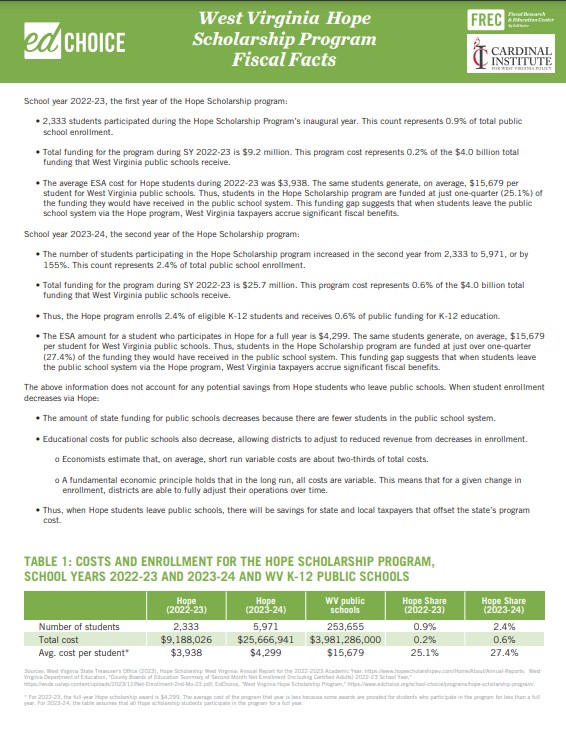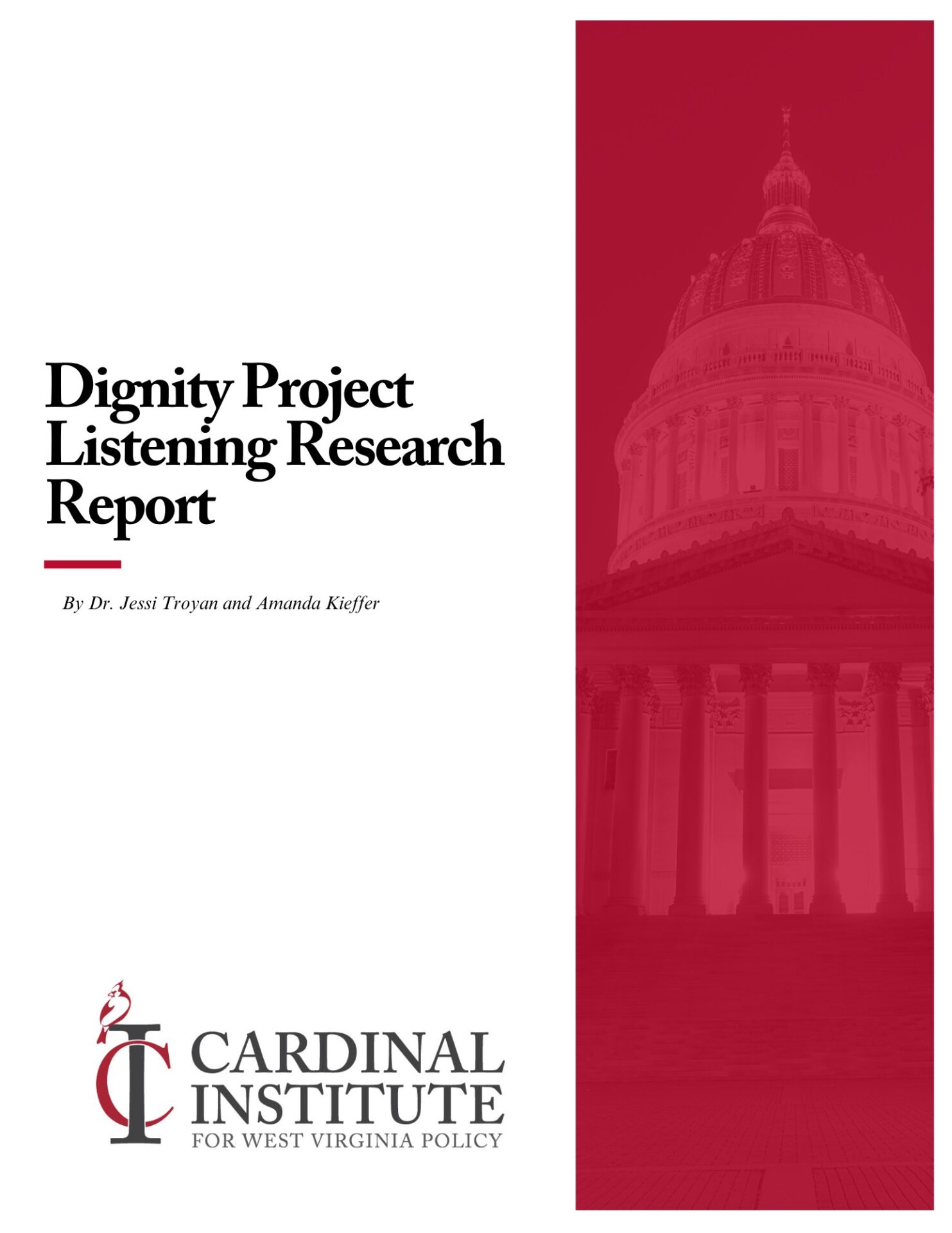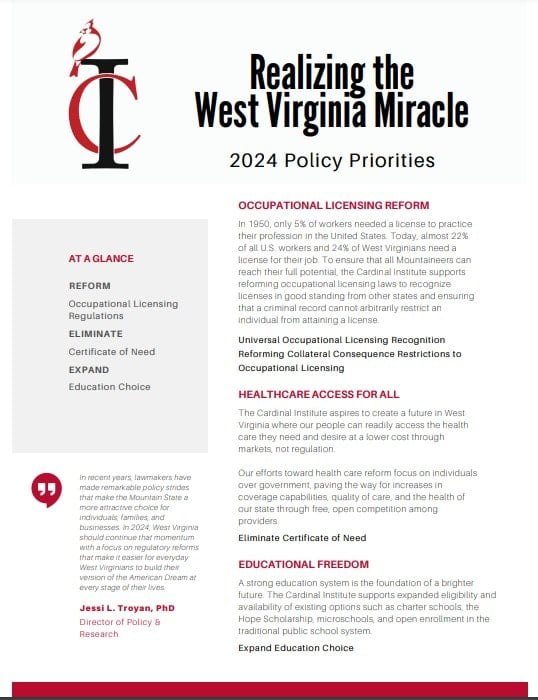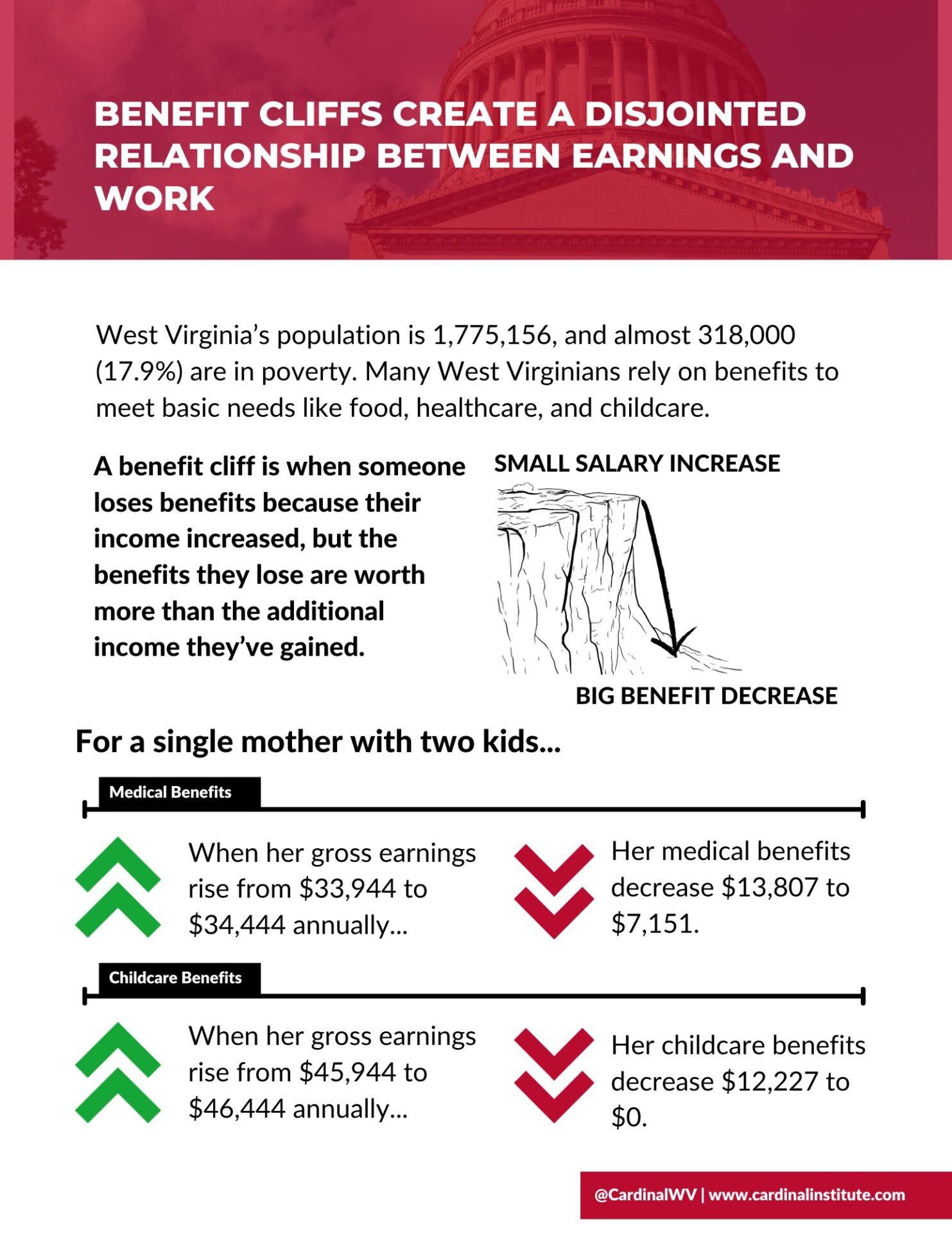West Virginia just made history by passing the broadest school choice program in the nation – the Hope Scholarship program. Time will be the judge of our grand experiment. However, one thing already needs to be cleared up about this program. It’s not a voucher.
Is the Hope Scholarship a Voucher?
The Hope Scholarship program is an Education Savings Account, which puts money in an account controlled by families that they can spend on customizing their child’s education. Hope Scholarships are not vouchers. A voucher is when the state gives money directly to private schools on behalf of families, but the families have no control over that money. West Virginia gave families a choice, not a coupon.
The Hope Scholarship program will give $4,600 to parents per child currently in the public education system who want to access it for alternative educational opportunities. It also includes a provision to expand the program to home school or private school students in a few years depending on adaptation. The money will be deposited into a special account and monitored by the Treasurer’s office. The accounts will be transparent for each family.
The Hope Scholarship can be used for a plethora of needs. This includes but is not limited to tutoring services, technology related to schooling, and private school courses. In truth, the best part about the Hope Scholarship is the flexibility that it provides.
Voucher vs. ESA
A voucher program is more like those old school gift certificates that are only good for a specific purchase at a specific time and place. They can’t be used like regular cash to buy what you want, and you have very little control over them.
Education savings accounts are more like those visa gift cards you get on your birthday from people that don’t know what gift to get you. They are customizable and flexible. The only difference is that with an ESA the state has oversight of the account and funds to prevent fraud and misuse.
Some ESAs actually do have debit cards, however, the Hope Scholarship will be an online portal set up by the Treasurer’s office.
There’s also the matter of top down vs bottom up approaches to educating individual children. Up until now, we have had the most centralized education system in the nation according to a 2012 audit by the state. We have finally remedied that. This is a feature and a fault of traditional schooling, which is based on fitting students into top-down systems.
Vouchers are the next step down as they do not require students to attend specific locations. The system is still top-down though, as it demands each child attend one school that may fit them slightly better than their districted school.
We have slid to the other end of the scale with our new Hope Scholarship program. It personalizes education for every family in every hilltop or holler. The system is finally tuned to the needs and interests of the student.
Why is School Choice Important?
School choice has always existed for the rich in our system of geography-based schooling. They can buy a house in whatever district they want, or pay the entire bill for a private school, not to mention tutoring options. Working class families have rarely had such opportunities.
These new options mean a new era of educational equity. The right to an education is no good unless it gives you a quality education. Quality and equity in education are impossible if a student feels unsafe, unmotivated, or unloved at their school. Those kids deserve Hope.
No two people are identical in how they learn, what they like, or where they find inspiration. Finding an education that adapts to those traits should be our goal in education. This highly individualized path we have chosen will enable more students to do just that.
There is much to be seen about the implementation and execution of this program. But one thing is certain about it: Hope Scholarships are not vouchers.
Bradley Foster is the Community Engagement Associate for the Cardinal Institute for WV Policy.
Learn More
Take this quiz to see if your child is eligible for the Hope Scholarship.



